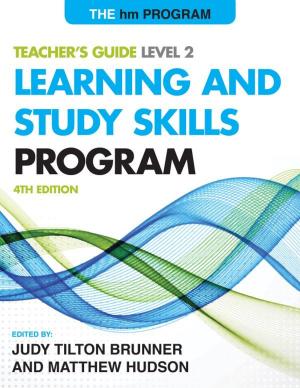Curriculum on the Edge of Survival
How Schools Fail to Prepare Students for Membership in a Democracy
Nonfiction, Reference & Language, Education & Teaching, Educational Theory, Curricula, Educational Reform, Philosophy & Social Aspects| Author: | Daniel Heller | ISBN: | 9781610485173 |
| Publisher: | R&L Education | Publication: | January 16, 2012 |
| Imprint: | R&L Education | Language: | English |
| Author: | Daniel Heller |
| ISBN: | 9781610485173 |
| Publisher: | R&L Education |
| Publication: | January 16, 2012 |
| Imprint: | R&L Education |
| Language: | English |
Typically, school curriculum has been viewed through the lens of preparation for the workplace or higher education, both worthy objectives. However, this is not the only lens, and perhaps not even the most powerful one to use, if the goal is to optimize the educational system. Curriculum on the Edge of Survival, 2nd Edition, attempts to define basic aspects of the curriculum when viewed through the larger lens of a school as the principal instrument through which we maintain an effective democracy. In that case, the purpose of education is to prepare our students to take their rightful place as active members of a democracy. This purpose is larger than workplace or college readiness, and in fact subsumes them. The second edition of Curriculum on the Edge of Survival posits four major starting points for education under the purpose of preparing students for functional membership in a democracy: kindness, thinking, problem solving, and communications. These four foundational elements should be taught in every class, at every level, every day. They form the backbone of a great educational system.
Typically, school curriculum has been viewed through the lens of preparation for the workplace or higher education, both worthy objectives. However, this is not the only lens, and perhaps not even the most powerful one to use, if the goal is to optimize the educational system. Curriculum on the Edge of Survival, 2nd Edition, attempts to define basic aspects of the curriculum when viewed through the larger lens of a school as the principal instrument through which we maintain an effective democracy. In that case, the purpose of education is to prepare our students to take their rightful place as active members of a democracy. This purpose is larger than workplace or college readiness, and in fact subsumes them. The second edition of Curriculum on the Edge of Survival posits four major starting points for education under the purpose of preparing students for functional membership in a democracy: kindness, thinking, problem solving, and communications. These four foundational elements should be taught in every class, at every level, every day. They form the backbone of a great educational system.















